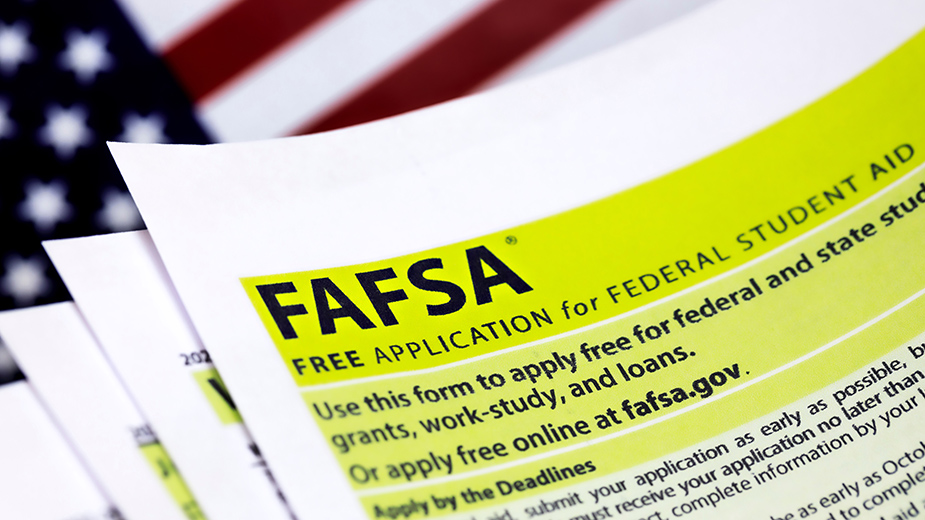The Cautious Investor | Filing the FAFSA for Divorced or Separated Parents
W3 Wealth Management
YOUNGSTOWN, Ohio – If you’re a dependent student filing the FAFSA, and your parents are separated and/or divorced, applying for financial aid is not difficult. However, there are a few steps you’ll need to take and additional paperwork you may need depending on several factors.
Contrary to what is sometimes assumed, parents “not living together” means that the two parents must have a separate legal address. This is true even when the separation is informal (meaning it isn’t “court approved”). In cases of informal separation where two parents still have one permanent address, parents would still have to file FAFSA as “married “or “remarried.”
If you’re a dependent student, the custodial parent is the one who needs to fill out the form. For FAFSA purposes, your custodial parent is the one you have lived with for the majority of the last year. Note that this is not over the last calendar year, but the last 12 months. In some cases, you may have lived with both parents equally. If this happens, the parent who provided the most financial support would be considered the custodial parent.
Another question you may have is what to do if your custodial parent (the parent that you would report for your FAFSA) is remarried and you have a step-parent? In these cases, you would report your step-parent’s income as well. However, if a student’s custodial parent passed away, then you do not need to report the step-parent unless they legally adopted you after your custodial parent’s passing. *
So, what are non-custodial parents responsible for? According to the federal government, while child support received must be reported on the FAFSA form, the non-custodial parent is not required to help pay for a child’s schooling. Since the assets and income of non-custodial parents are not considered for calculating federal financial aid, you generally do not need to add any non-custodial parents nor non-custodial step-parents to your FAFSA. Some private schools so have additional requirements around this that may require coordination between divorced parents.
If your parents are legally separated or divorced, the date of your parents’ legal separation or divorce will be needed to complete your FAFSA. Some financial aid offices may also ask for additional documentation about the divorce. Make sure that child support is factored in as separate from alimony, which would be considered taxed income.
Since the FAFSA uses tax returns from the previous year, recently divorced parents may have still filed taxes jointly that year. It’s always a good idea to coordinate with your school’s financial aid office to ask if you need to provide any additional information about your situation. Because the financial aid picture for separated or divorced parents has some additional steps and considerations, it’s important to start the conversation and begin the FAFSA process as early as possible.
Copyright 2024 The Business Journal, Youngstown, Ohio.



